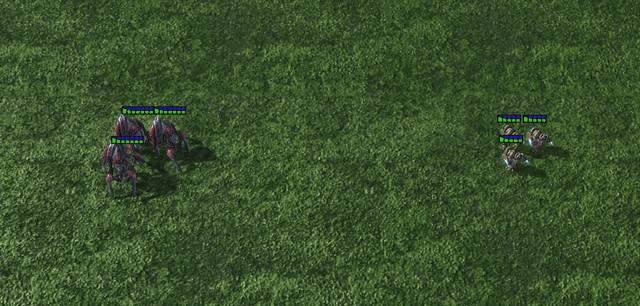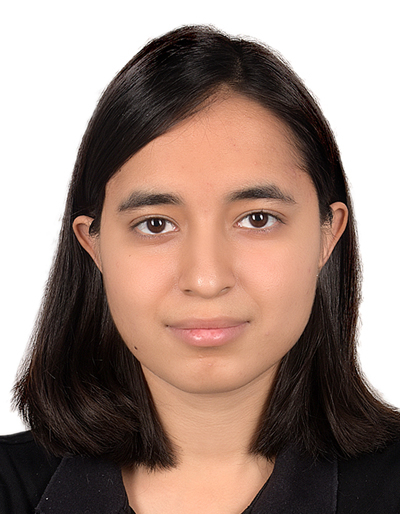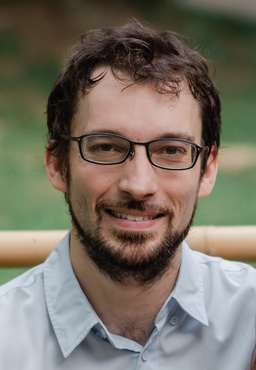
Communication Learning for True Cooperation in Multi-Agent Systems
Multi-Agent Reinforcement Learning (MARL) poses distinct challenges, including credit assignment and non-stationarity, which increase the difficulty of learning compared to Single-Agent Reinforcement Learning. Learning effective cooperative policy through decentralized learning relying solely on individual agents’ own knowledge and memory can be challenging, or outright impossible. The introduction of global/local communication among agents/agent teams can provide a solution to this problem by enabling agents to share information or/and intentions while maintaining scalability, thus effectively mitigating partial observability and non-stationarity, while facilitating true joint collaboration at the team level. In other words, communication allows dispersed agents to truly act as a group, rather than as a collection of individuals.
This project aims at investigating and contributing to the state-of-the-art in the field of communication learning, where multiple agents both learn a policy that dictates their actions, as well as a language with which they can communicate and influence each other’s’ actions to achieve true cooperation. The project will demonstrate the power of communication in both simulated and physical environment for a variety of multi-agent cooperative tasks, particularly complex tasks such as SMAC and Multi-Agent Pathfinding (MAPF), which require agents to develop joint maneuvering skills.
Related recent publications:
- SCRIMP: Scalable Communication for Reinforcement-and Imitation-Learning-Based Multi-Agent Pathfinding
- Distributed Reinforcement Learning for Robot Teams: A Review
- FCMNet: Full Communication Memory Net for Team-Level Cooperation in Multi-Agent Systems
People
Guillaume SARTORETTI

Yutong WANG

Pamela WANG

Swasti KHURANA (RA)

Mingliang ZHANG (NUS-SoC)



